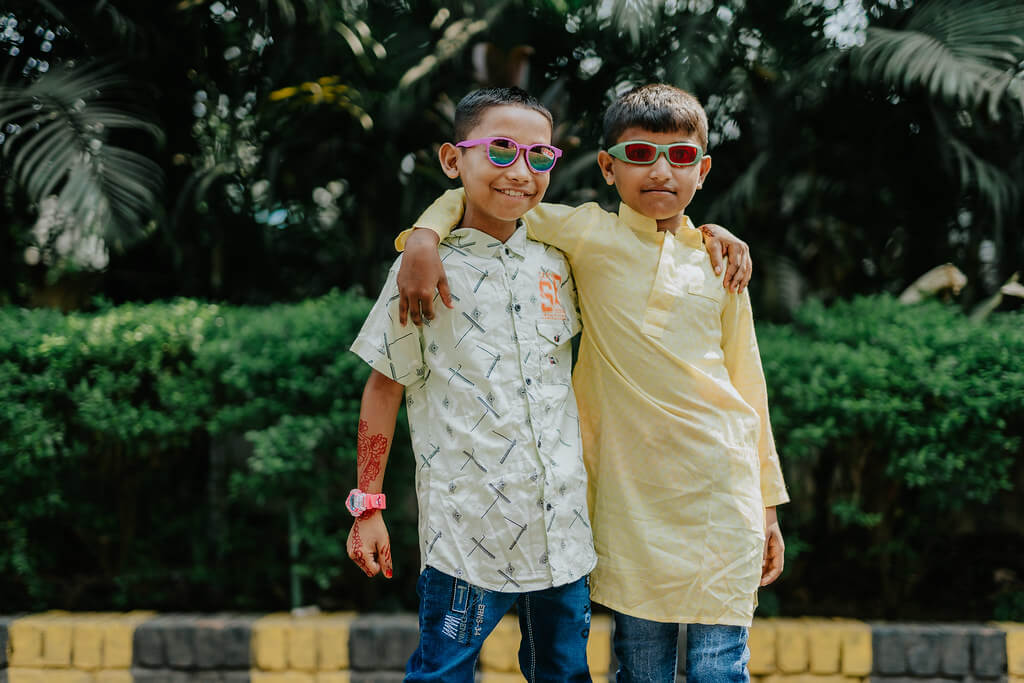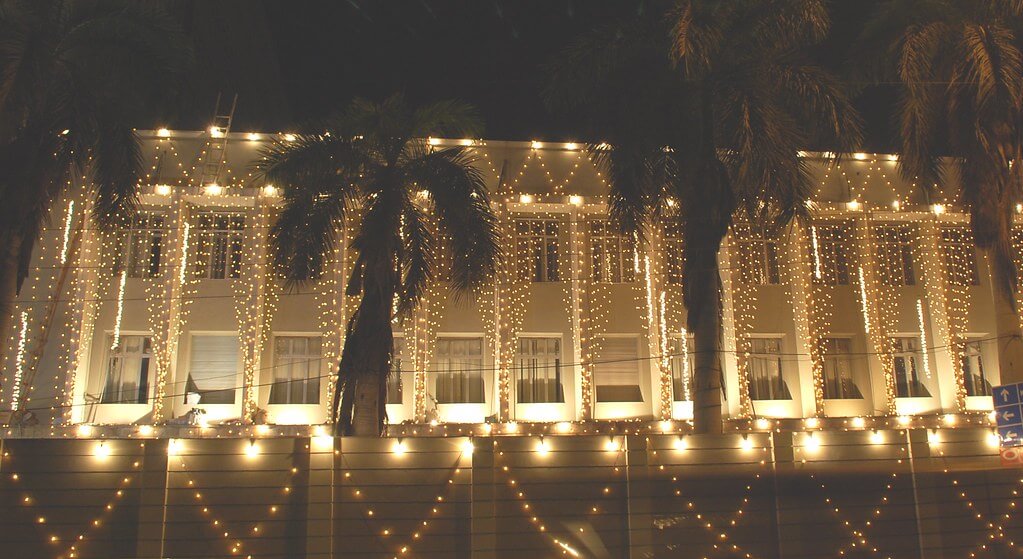Religious Festival in Pakistan
Religious Festival in Pakistan: Pakistan is known for its rich cultural past, which is commemorated through a variety of festivals and events held throughout the year. Religious festivals are especially important to Pakistanis since they are strongly ingrained in the country’s history and traditions. These festivals not only allow people to gather and rejoice, but they also play an important role in promoting interfaith peace and tolerance. In this article, we will look at some of the most prominent religious festivals held in Pakistan.
- Eid-ul-Fitr
- Eid-ul-Adha
- Muharram
- Eid Milad-un-Nabi
- Shab-e-Barat
Eid-ul-Fitr
Eid ul-Fitr, often known as Eid, is a festive Islamic celebration that commemorates the completion of Ramadan, a month of fasting and spiritual reflection for Muslims around. On this day, Muslims gather with family and friends to commemorate the blessings of the previous month. The day starts with a special prayer at the mosque, followed by visiting family, feasting on delectable traditional cuisine, and exchanging gifts.
It is a time of appreciation, compassion, and unity as Muslims celebrate their joy and renew their faith while also donating to those in need through Zakat al-Fitr, a charitable gesture. The colorful celebrations, the wearing of new clothes, and the sense of camaraderie make Eid ul-Fitr a beloved and vibrant holiday for Muslims all around the world.
Eid-ul-Adha
Eid ul Adha is observed on the tenth day of Zil Hajj, the 12th Islamic month. Eid al-Adha is an Islamic holiday. This holy day, known as the second Eid, commemorates the sacrifice made by the prophet Ibrahim, who offered the life of his son, Prophet Ismail, to accomplish Allah’s mandate.
On this day, Muslims worldwide sacrifice a sheep, goat, cow, or camel in the name of Allah, just as the prophet did. The sacrificed animal’s meat is then divided into three portions and donated to family members, friends, and, most significantly, the destitute.
Muharram
Muharram is the first month of the Islamic calendar, and it represents the start of a new year for Muslims. It is also a period of grief for the Shia Muslim community, who remember the martyrdom of Hazrat Imam Hussain (AS) and his family members during the Battle of Karbala. The month-long period is marked by mourning processions, such as Majalis and Tazia, in which people beat their chests and chant Noha and Marsiya to convey their sadness and sorrow.
Eid Milad-un-Nabi
When discussing celebrations, it is hard not to mention Eid Milad-un-Nabi (Prophet’s Birthday). Every year, people from all walks of life join together to commemorate one of the most significant days on the Muslim calendar.
The Prophet Muhammad was born on the 12th day of Rabi’ul-Awwal, the third month of the Muslim calendar. The festivities are modest because the Prophet’s death anniversary falls on the same date as Milad-un-Nabi. A public holiday has also been declared for this day. On this day, in addition to the Holy Quran, religious scholars and poets recite Qasida Burda Sharif and Naats at special gatherings.
Shab-e-Barat
Shab e Barat is celebrated on the night of the 15th of Sha’ban, the Islamic calendar’s eighth month. On this day, Allah is thought to decide the fate of all living things. As a result, special prayers are offered to Allah, seeking forgiveness and blessings. Fireworks and illumination are also popular among young people. On this occasion, sweet meals are also prepared and shared with neighbors.
Conclusion
Finally, religious festivals are integral to Pakistan’s cultural and social fabric. These festivals not only bring people together to celebrate, but also serve as a reminder of the value of faith, sacrifice, and thankfulness. Whether it’s Eid-ul-Fitr or Muharram, these celebrations bring people from all around together to promote unity, love, and respect for one another’s faiths and traditions.



